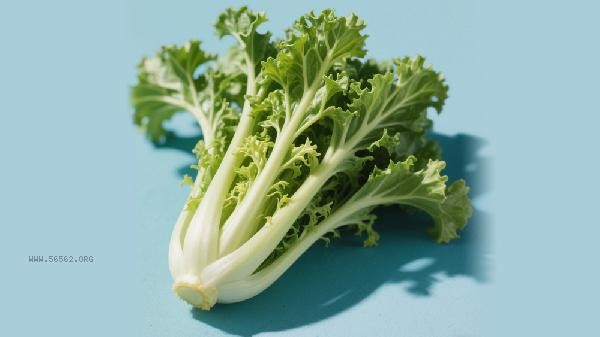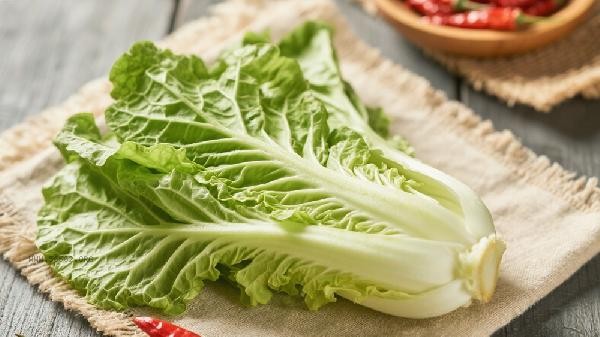Stir fried mustard greens can generally be eaten if they become bitter, but it is not recommended to consume them if they are accompanied by odors or mold. Mustard itself contains natural bitter substances such as glucosinolates, and high-temperature cooking may exacerbate the bitterness, which is a normal phenomenon. When fresh mustard greens are stir fried at high temperatures or cooked for a long time, cell wall rupture releases more bitter components, which are usually not harmful to health. The degree of bitterness is related to the variety and planting environment, and the bitterness of mustard greens may be more pronounced in spring. Can be paired with a small amount of white sugar, minced garlic or chili to neutralize bitterness, or blanched and stir fried to reduce bitterness. Select tender leaves for cooking, with a relatively light bitterness. If the bitterness is accompanied by a rancid, sticky or moldy taste, it may be caused by spoilage and should be stopped immediately. Improper storage of mustard greens can easily breed bacteria and produce harmful substances. Some people have gastrointestinal sensitivity, and consuming mustard greens with excessive bitterness may cause discomfort. It is recommended to adjust the consumption amount according to one's own situation.

Before cooking mustard greens in daily life, you can soak them in salt water to remove some bitter substances, and stir fry them over high heat to retain more sweet taste. Mustard greens are rich in vitamin K, calcium, and dietary fiber, and moderate consumption can help supplement nutrients. If individuals with special constitutions experience allergic reactions such as abdominal pain and rash after consumption, they should seek medical attention promptly to investigate the cause.











Comments (0)
Leave a Comment
No comments yet
Be the first to share your thoughts!